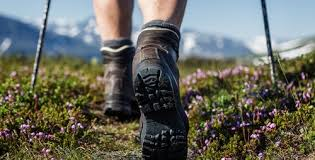For those who suffer from PTSD the Department of Veterans Affairs (VA) wrote a wonderful article about 27 things you need to know about PTSD. Amongst those are:
- No matter how long it’s been since your trauma, treatment can help.
- Sexual assault is more likely to result in symptoms of PTSD than are other types of trauma, including combat.
- Social support is one of the greatest protective factors against developing PTSD after trauma.
- Research suggests that social support is an even more important resilience factor for women than men.
- Trouble sleeping is a core feature of PTSD, so it is important to address sleep problems in PTSD treatment.
- Getting help for PTSD early can prevent problems from expanding to other parts of your life.
- Evidence-based treatments for PTSD include psychotherapy (or “counseling”) and medications.
- Many people with PTSD also experience chronic pain or other physical health symptoms.
- PTSD often co-occurs with depression or other mental health symptoms.
It is also important to know that those with PTSD cannot help their behavior. The trauma that sufferers of PTSD have endured has changed them. This makes it difficult for them to function as “normal” people do. They do not hate those around them, they actually need you to help them. PTSD creates a sense of isolation, because of this your presence matters to them. They are coping with their problems and at times it makes it difficult for them to control their behavior. Because of this they cannot just “get over it”, they have to work through this and fight their demons.
Knowledge is power, and the more people that know these things the more we can help those who suffer with PTSD.
Awareness starts with one step. Help spread awareness one step at a time.
#TrekOn






